Appalachian Judicial Circuit Veterans Treatment Court
Leave No Veteran Behind
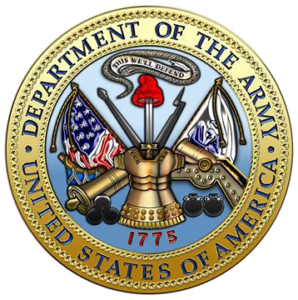
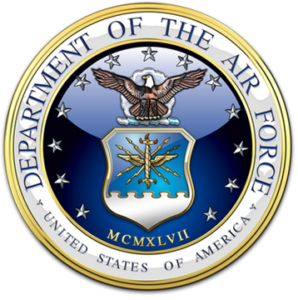
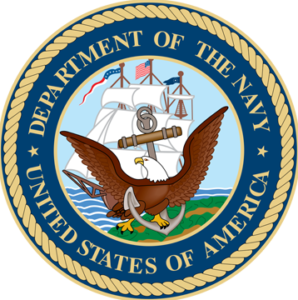
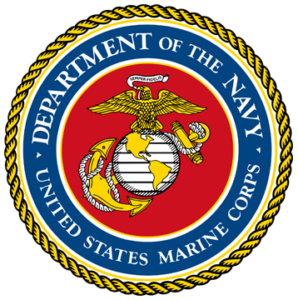
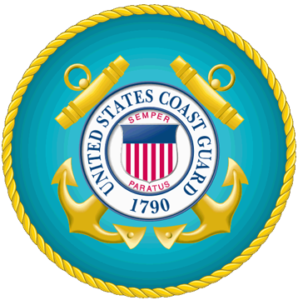
Superior Court Chief Judge Brenda S. Weaver
P.O. Box 545
Jasper, Georgia, 30143
Contact:
Chris Holt, Coordinator
cholt.ajcaccountabilitycourts@yahoo.com
706-301-8483
Veterans Treatment Court seeks to divert eligible veterans with substance abuse, Post Traumatic Stress Disorder (PTSD) and/or mental illness, who have been charged with a criminal offense, to a specialized criminal docket. The Court substitutes a treatment and problem-solving model, along with accountability, including drug testing and curfews, for the traditional court processing.
Our veterans deserve a chance for treatment. They served our country and now this is our opportunity to serve them. The Appalachian Judicial Circuit’s Veterans Treatment Court was established in 2013 by Chief Superior Court Judge Brenda S. Weaver and is based on the model originally established by Judge Robert Russell in Buffalo New York. The VTC utilizes local treatment providers in addition to the resources from the US Dept Of Veterans Affairs. Veterans Treatment Courts have a very low recidivism rate compared with other criminal justice interventions. In fact, recent studies indicate the arrest rate within one year after graduation for a Veterans Court graduate is only 11 percent.
Program Description
A Veterans Treatment Court is a specialized type of accountability court designed to serve the special needs of veterans. It is a court-supervised program coupled with intensive treatment and supervision, directed at diverting individuals with prior military service from the traditional criminal justice framework. It is a hybrid of the current Drug and Mental Health Court models, serving veteran status individuals struggling with addiction, mental illness, trauma-related disorders such as PTSD, and/or co-occurring substance abuse and mental health disorders.
This is a voluntary program that includes regular court appearances before the designated Veterans Court Judge. It also involves drug and alcohol treatment, mental health treatment, community service, random drug screening tests, recovery program support meetings, educational classes (including addiction, trauma, and moral reconation therapy) and community supervision.
Veterans who elect to participate in the program must plea-in. Successful completion of the program can result in dismissal of charges, granting some graduates a clean slate. Failure to graduate results in sentencing as charged during plea-in.
Program Structure
The Veterans Court program is a highly structured and supervised program using primarily outpatient treatment, divided into court phases.
Progress through the phases will depend upon completion of treatment goals and compliance with drug testing and other program rules. The below listed lengths of each phase are minimums and based on no sanctions. Participants must also make significant progress in treatment and other program requirements to be promoted. Each phase consists of specified treatment objectives, therapeutic and rehabilitative activities and specific requirements for promotion into the next phase.
Summary:
- Phase one: 4-6 weeks
- Phase two: 4 Months
- Phase three: 6 Months
- Phase four: 6 Months
- Phase five: 6 Months
Minimum time for completion: 24 months
Veteran Mentor Program
A key component of the veterans treatment court program is the mentor program where veteran mentors provide peer-to-peer support to veteran participants. Veterans are better served by having a support system that includes someone who understands military experience and the different aspects of military culture. Mentors participate in a supportive relationship with participants to increase the likelihood that they will remain in treatment, attain and maintain sobriety and/or stability in their mental illness, maintain law-abiding behavior and successfully readjust to civilian life.
Mentors are a key point of differentiation between Veterans court and all other accountability courts. Only Veterans court has mentors and to be called a Veterans court you must have capable, qualified prior service individuals as mentors.
